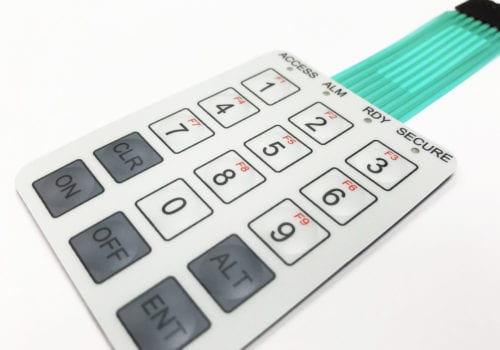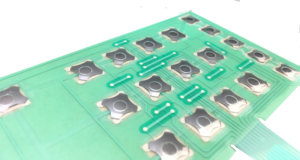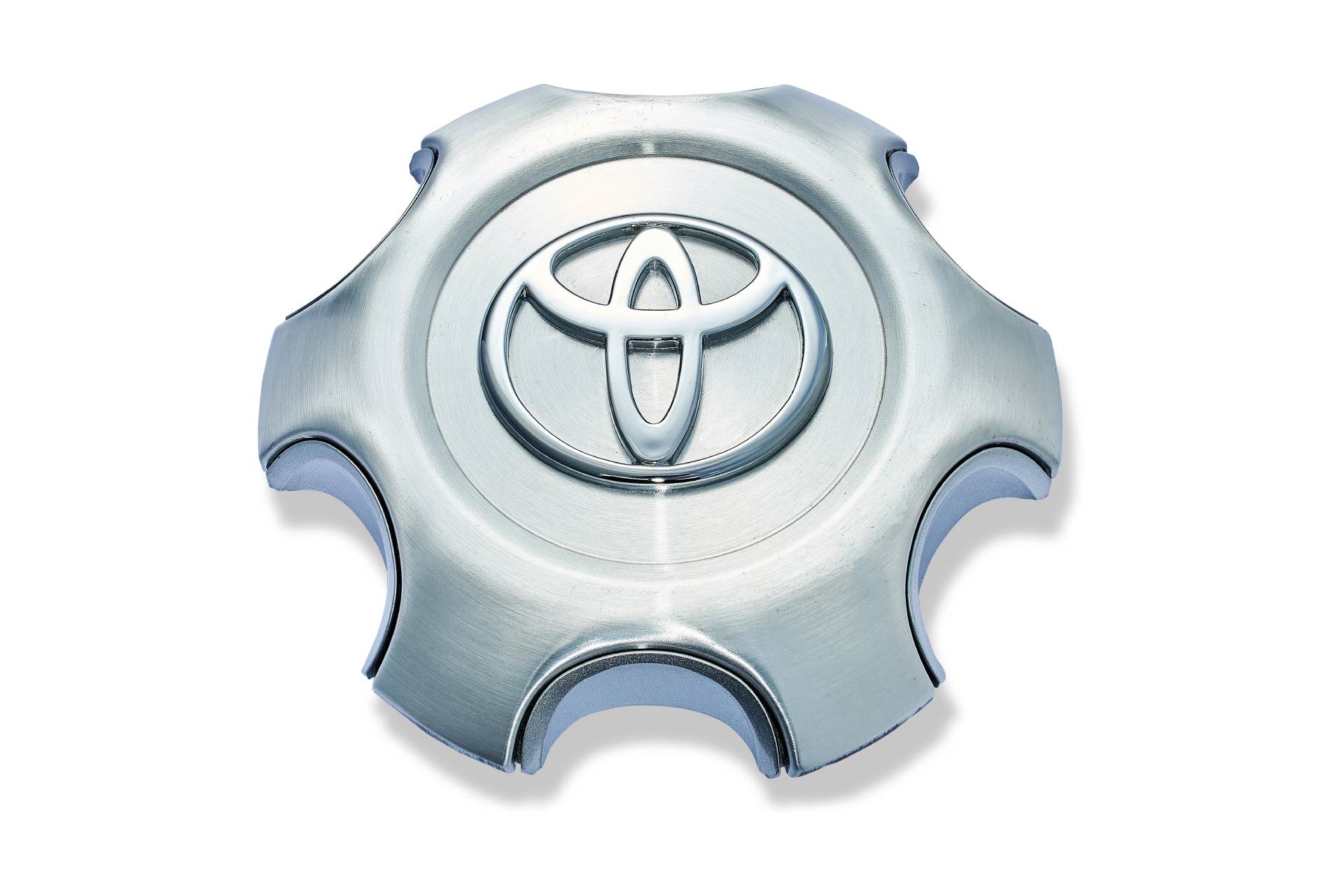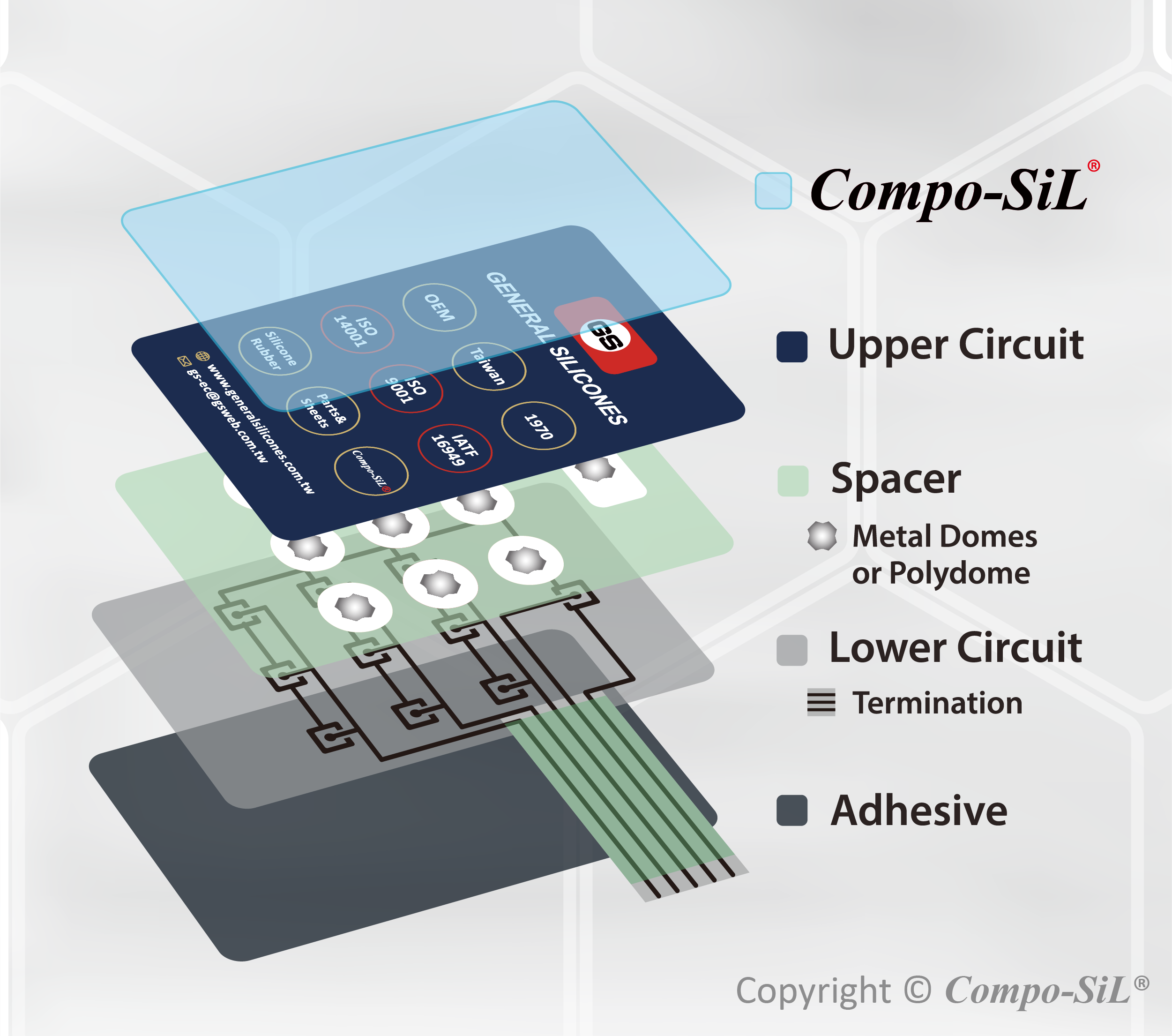Innovations in Membrane Switches for Touch-Sensitive Devices
Innovations in Membrane Switches for Touch-Sensitive Devices
Blog Article
Recognizing the Value of Membrane Switches in User Interfaces
Membrane switches are indispensable elements in the style of effective individual interfaces, facilitating not only performance yet likewise enhancing aesthetic appeal and individual interaction. As we discover the different benefits and future patterns linked with Membrane modern technology, it comes to be clear that these buttons are more than just parts; they represent a merging of technology and functionality.
What Are Membrane Switches?

The spacer layer, which includes sticky properties, allows for the separation of the circuit layer from the overlay, guaranteeing that the switch stays in a non-activated state till pressed. When pressure is related to the overlay, it presses the spacer layer, bridging the space and completing the circuit in the underlying layer. This layout not just decreases the physical room required for conventional mechanical switches yet likewise improves the resilience of the gadget, as Membrane switches are normally immune to dirt, moisture, and various other ecological elements.
Generally discovered in applications ranging from customer electronic devices to clinical devices, Membrane switches are integral to modern innovation, giving a easy to use and effective interface that lines up with modern style needs.
Benefits of Membrane Buttons
While countless button innovations exist, Membrane Switches offer distinctive benefits that make them specifically desirable in numerous applications. Among the key benefits of Membrane buttons is their small design, which enables space-saving implementations in devices where real estate is limited. Their thin account not only improves aesthetic charm but additionally facilitates light-weight building and construction.
An additional considerable benefit is their resistance to environmental aspects. Membrane switches are generally sealed against wetness, dirt, and pollutants, making them suitable for usage popular environments, such as clinical devices and industrial equipment. This resilience extends the lifespan of the button, decreasing upkeep expenses and boosting dependability.
Additionally, Membrane switches can be tailored to meet certain layout needs, including one-of-a-kind graphics and colors that boost customer interaction. Their responsive feedback alternatives can likewise be customized to provide an enjoyable customer experience. In addition, Membrane switches are affordable, specifically in high-volume applications, as they can be generated efficiently.
Applications in Various Industries

In the consumer electronics field, Membrane buttons are common in gadgets such as microwaves, cleaning machines, and push-button controls. Their tactile feedback and aesthetic options improve customer experience while giving a smooth, modern appearance. Furthermore, automotive makers use Membrane buttons in dashboard controls and infomercial systems, where area is limited, and individual interaction is important.
Moreover, the industrial market leverages Membrane buttons in control panels for machinery and equipment, enabling instinctive operation in frequently severe settings. Their resistance to chemicals and dampness guarantees longevity and reliability in these applications. In general, the versatility of Membrane Switches adds substantially to their prevalent usage, making them important why not try these out in various technical domain names.
Design Considerations for Membrane Switches

When making Membrane buttons, a number of crucial factors to consider should be taken into consideration to ensure ideal performance and customer experience. The selection of materials is crucial; picking sturdy, high-grade substratums can enhance the switch's long life and resistance to ecological variables such as dampness and temperature level variations.
Second of all, the layout of the visuals overlay must focus on clearness and convenience of usage. Symbols and text must be clear, and the format must help with user-friendly communication (membrane switches). In addition, responsive responses is essential; integrating a tactile dome or various other mechanisms can boost the individual experience by giving physical verification of activation
An additional crucial aspect is the button's electric efficiency. Designers need to make sure that the conductive traces are correctly designed to minimize resistance and avoid signal interference. This entails assessing the needed actuation force and making sure compatibility with the digital elements they will interface with.

Future Patterns in Membrane Technology
As modern technology remains to advance, Membrane buttons are poised to develop dramatically, driven by advancements in products and manufacturing strategies. One emerging trend is the incorporation of sophisticated products, such as conductive inks and flexible substratums, which improve longevity and lower the overall weight of Membrane buttons. These products not just improve the tactile feedback yet additionally permit the design of switches that can hold up against harsher ecological conditions.
Additionally, the combination of touch-sensitive technologies is transforming conventional Membrane Switches right into even more interactive interface. Capacitive touch sensing my sources units embedded within Membrane switch panels can provide a more receptive and instinctive individual experience, aligning with the growing demand for smooth, modern styles in consumer electronics.
Additionally, developments in printing techniques, such as electronic and 3D printing, enable rapid prototyping and customization of Membrane buttons. This adaptability enables suppliers to react faster to market demands and customer choices.
Finally, sustainability is ending up being a considerable emphasis, with makers exploring eco-friendly materials and processes. As these fads unravel, the future of Membrane innovation promises improved capability, aesthetic allure, and environmental obligation, solidifying their role in sophisticated user interfaces across numerous markets.
Conclusion
To conclude, Membrane Switches represent an essential component in the layout of interface, incorporating capability with visual versatility. Their advantages, including resilience and resistance to ecological elements, make them ideal for diverse applications across numerous industries. Thoughtful style considerations enhance customer interaction and experience. As innovations in modern technology proceed, the advancement of Membrane buttons is anticipated to more refine individual interfaces, driving innovation and improving use in a progressively complex technological landscape.
Membrane switches are indispensable parts in the layout of efficient user interfaces, assisting in not only performance yet additionally boosting visual charm and customer communication.Membrane Switches offer as an important element in various user interfaces, helping with a smooth communication in between users and electronic gadgets.While numerous switch technologies exist, Membrane Switches offer distinct advantages that make them especially have a peek here desirable in various applications.Additionally, Membrane switches can be customized to fulfill certain layout needs, integrating special graphics and shades that improve individual interaction.In verdict, Membrane Switches stand for a crucial element in the design of customer interfaces, integrating functionality with aesthetic adaptability.
Report this page